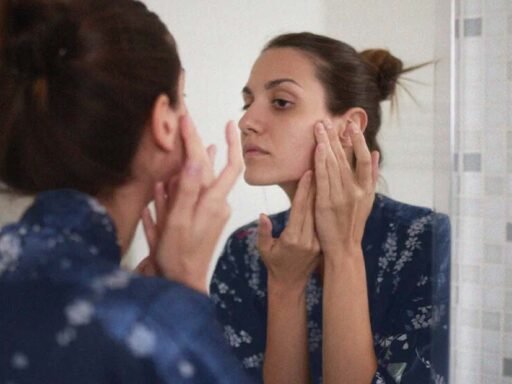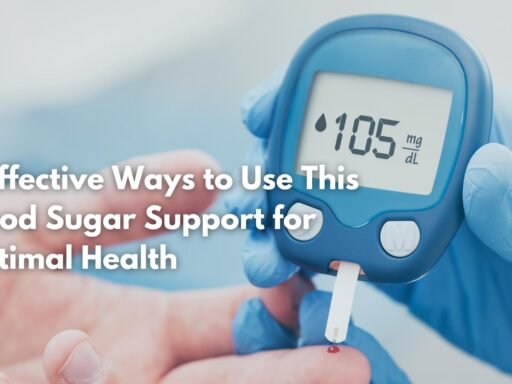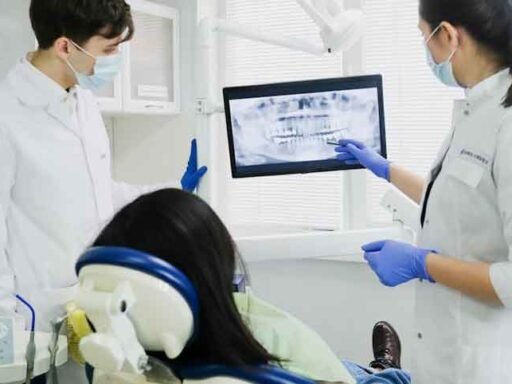Engaging in hobbies and interests plays a crucial role in recovering from alcohol use disorder (AUD). These activities provide positive outlets for energy, reduce stress, and offer a sense of accomplishment and purpose. Incorporating hobbies and interests into daily life can significantly enhance the effectiveness of alcohol use disorder treatment, supporting long-term sobriety and overall well-being.
Pursuing hobbies and interests offers numerous benefits that are particularly valuable during recovery:
- Engaging in enjoyable activities can help reduce stress and anxiety. Hobbies provide a distraction from cravings and negative thoughts, promoting relaxation and mental well-being.
- Hobbies can enhance mental health by providing a sense of fulfillment and purpose. Activities that involve creativity can be especially therapeutic.
- Many hobbies involve physical activity, which can improve physical health and boost mood. Exercise releases endorphins, which help reduce stress and enhance feelings of happiness.
- Participating in hobbies can help individuals connect with like-minded people and build new friendships. Social interaction is vital for reducing feelings of isolation and enhancing emotional support.
- Successfully engaging in hobbies and achieving goals can boost self-esteem and confidence. This positive reinforcement is crucial for maintaining motivation during recovery.
Choosing the Right Hobbies
Selecting the right hobbies and interests is essential for maximizing their benefits during recovery:
- Choose activities that genuinely interest you and bring joy. This ensures that you will remain motivated and engaged.
- Incorporating physical activities such as hiking, swimming, yoga, or cycling can improve physical health and provide a natural way to release stress.
- Creative hobbies like painting, drawing, writing, or playing a musical instrument can be therapeutic and offer a means of self-expression.
- Activities that involve social interaction can help build connections and reduce isolation.
- Hobbies that promote mindfulness, such as gardening, meditation, or practicing tai chi, can enhance mental clarity and emotional regulation.
Integrating Hobbies into Daily Life
Incorporating hobbies and interests into daily life requires planning and commitment:
- Set aside specific times each day or week dedicated to your hobbies. Treat this time as an important part of your routine, just like any other commitment.
- If you’re new to a hobby, start with small, manageable activities and gradually increase the time and effort you invest. This approach prevents being overwhelmed and builds confidence.
- Consistency is key to reaping the benefits of hobbies. Even on days when motivation is low, try to engage in your chosen activities, as this can help maintain progress and boost mood.
Overcoming Challenges
While integrating hobbies into recovery is beneficial, challenges may arise:
- Balancing hobbies with other responsibilities can be challenging. Prioritize your activities and create a balanced schedule that allows time for hobbies without neglecting other commitments.
- During recovery, there may be times when motivation wanes. On such days, remind yourself of the benefits of your hobbies and try to engage in them, even if for a short period.
Hobbies and interests play a vital role in recovering from alcohol use disorder by providing stress relief, improving mental and physical health, fostering social connections, and building self-esteem. Choosing the right activities, integrating them into daily life, overcoming challenges, and creating a supportive environment are key to maximizing their benefits.





